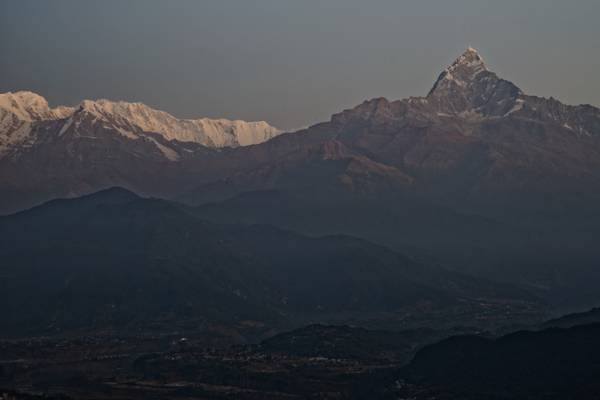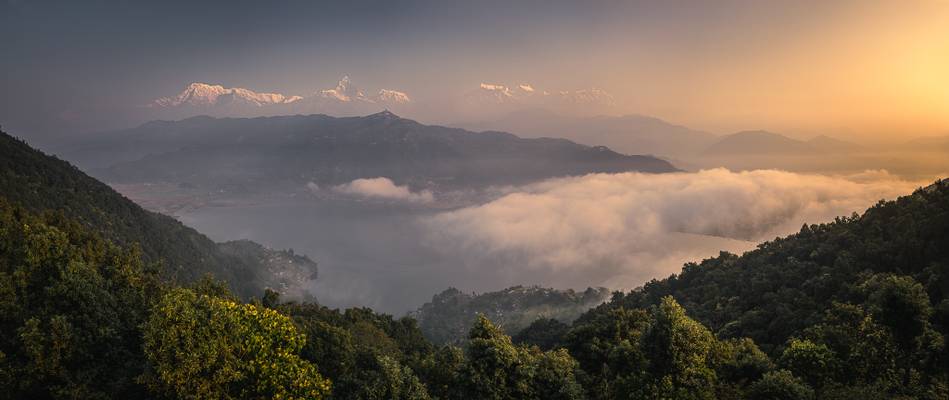
Nepal »
Pokhara
Pokhara is a picturesque city located in the western part of Nepal, known for its stunning natural beauty and serene atmosphere. The city is surrounded by the majestic Himalayan mountains, including the famous Annapurna range, and is home to several beautiful lakes, waterfalls, and caves. For photography enthusiasts, Pokhara offers a plethora of opportunities to capture the breathtaking landscapes and cultural heritage of Nepal. Some of the popular photography locations in Pokhara include the Phewa Lake, Sarangkot Hill, World Peace Pagoda, Mahendra Cave, and the Bindhyabasini Temple.
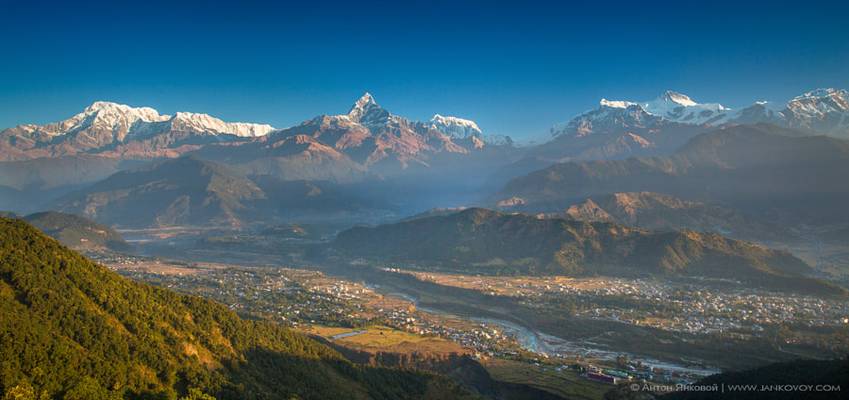
by Anton Jankovoy
500px.com
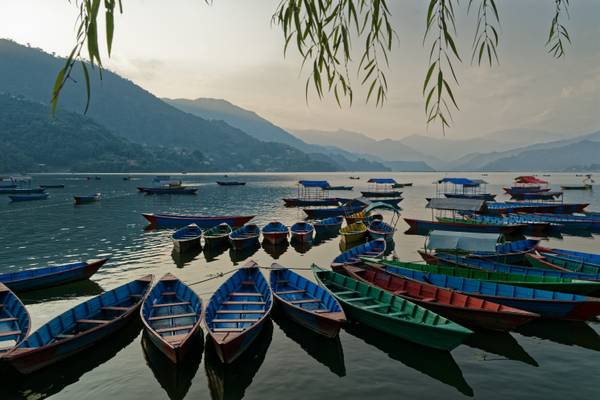
by jim stephenw
Phewa Lake (formerly called Baidam Tal) is a freshwater lake in Nepal located in the south of the Pokhara Valley. The lake is stream-fed but a dam regulates the water reserves, therefore, the lake is classified as semi-natural freshwater lake. It is the second largest lake in Nepal and is the most popular and most visited lake of Nepal. It is the only lake in Nepal to have a temple (Tal Barahi Temple) at the central part of lake. Phewa Lake is located at an altitude of 742 m (2,434 ft) and covers an area of about 4.43 km2 (1.7 sq mi). It has an average depth of about 8.6 m (28 ft) and a maximum depth of 24 m (79 ft). The Annapurna range on the north is only about 28 km (linear distance) away from the lake.
Info sourced from Wikipedia
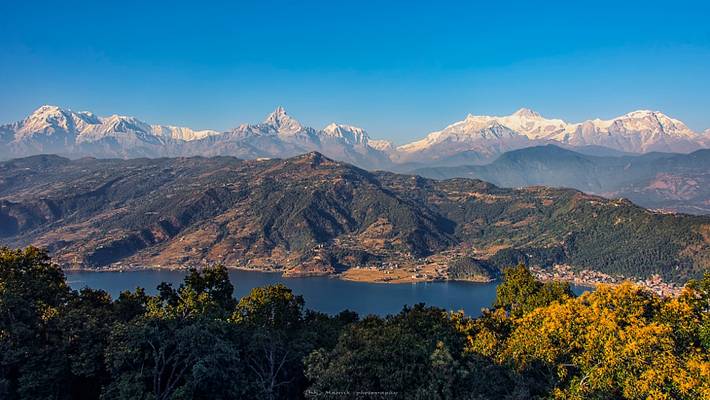
by Manjik Pictures
500px.com
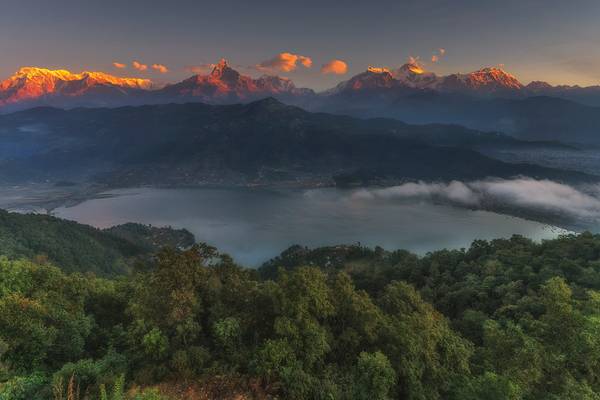
by Oliver O.
500px.com
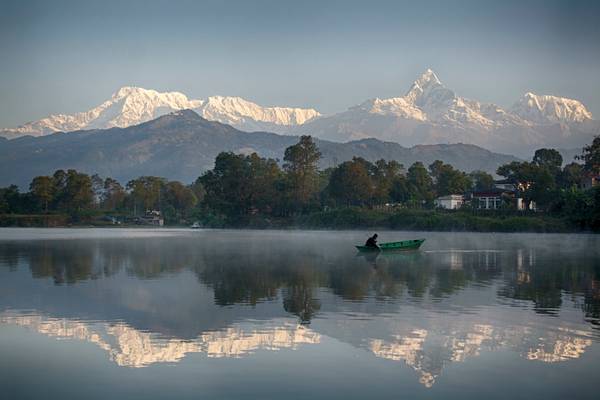
by Jan K.
500px.com
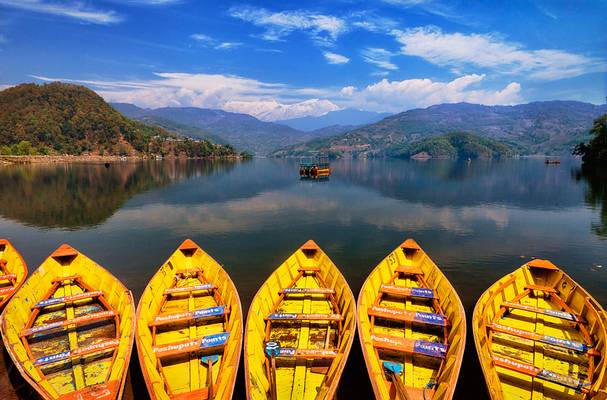
by Birukov Yury
500px.com
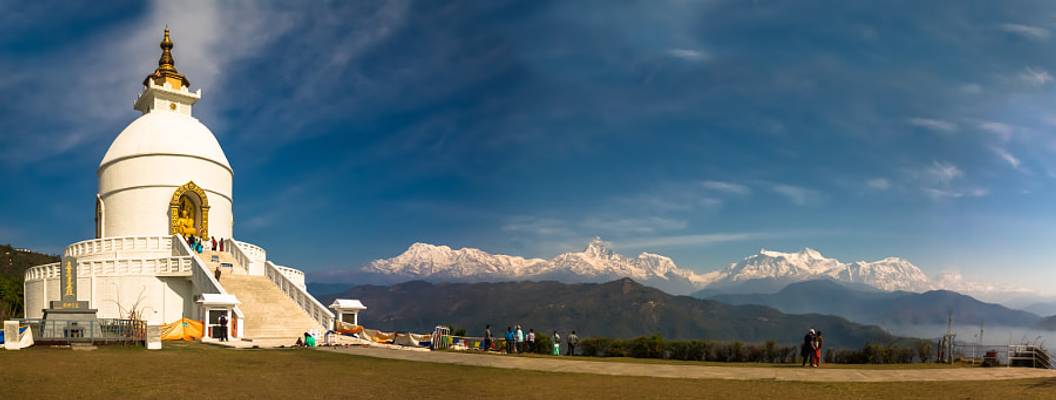
by Arun Prakash Sharma
500px.com
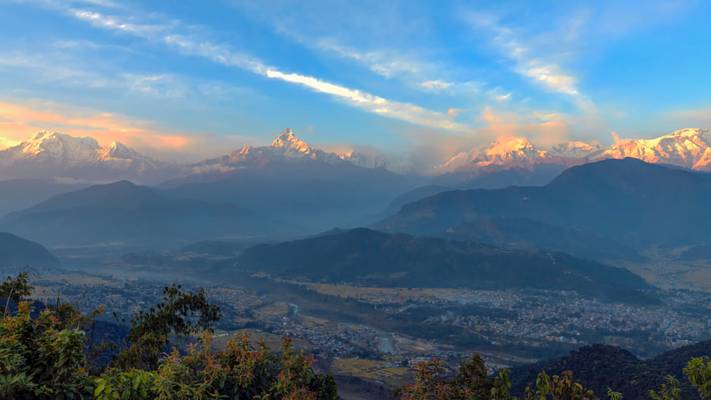
by Crystal Frame Photography
500px.com
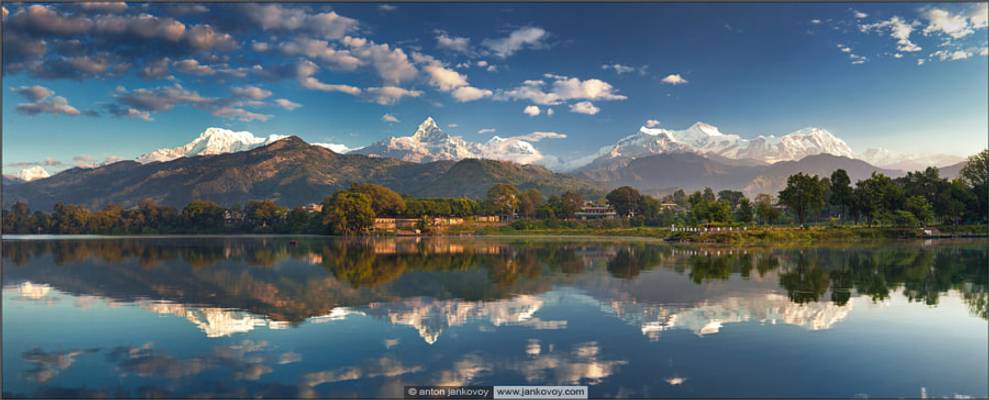
by Anton Jankovoy
500px.com
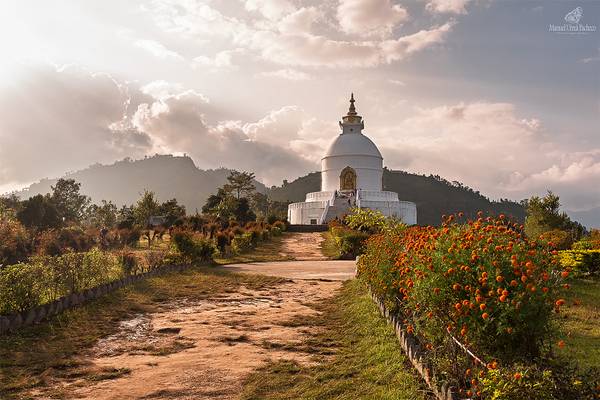
by Manuel Urrea Pacheco
500px.com
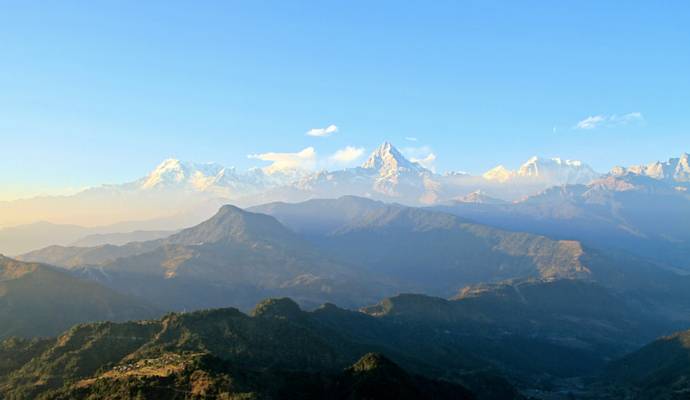
by Aaditya Chand
500px.com
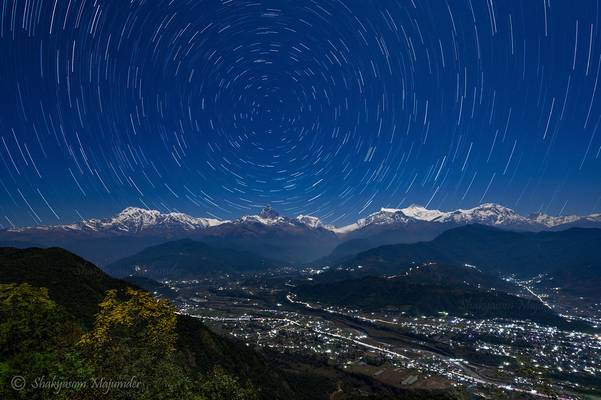
Sarangkot is a hill on the western side of the popular town of Pokhara, Nepal with an altitude of 1600m. Sarangkot is known for offering a panoramic...
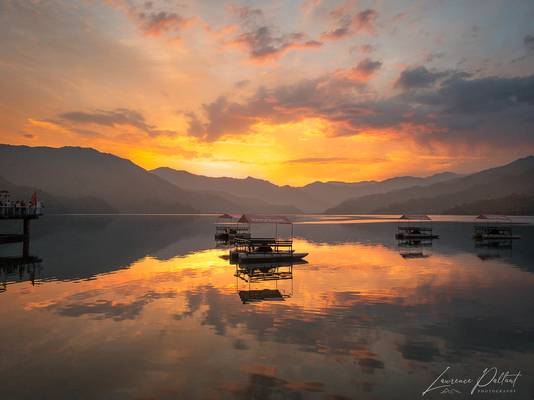
Last April, I spent two weeks in Nepal and almost always had my camera dangling around my neck. This day I went out to dinner without my camera. As...

by Jiri Hajek
The title refers to the two weeks I spent going around the Annapurna range, which is visible in its entirety in this photograph.
The views from the Pokhara World Peace Pagoda are amazing, you can see Lake Phewa right below and the mountains behind, including several Annapurna summits and the iconic Machhapuchhare (Fish tail).
Photo Tips: The Pagoda itself can be closed for sunrise and sunset and also tripods are not allowed there. However there are several nice viewpoints nearby, like this one at a nearby restaurant (or around it, if closed).
Bring either an ultra wide lens, or expect to stitch a panorama, as I did in this case.
Sunrise generally offers a better chance to photograph the mountains, as they are often in clouds since the afternoon. However, if visible, both mornings and evenings are great here.
Getting there: You can either walk up the hill (about 250 vertical meters), or take a taxi from Pokhara. From Lakeside it costs about 1000 rupees and takes roughly 20 minutes.
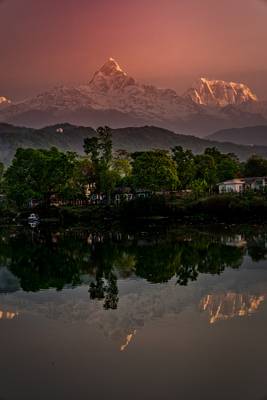
by enrico barletta
500px.com
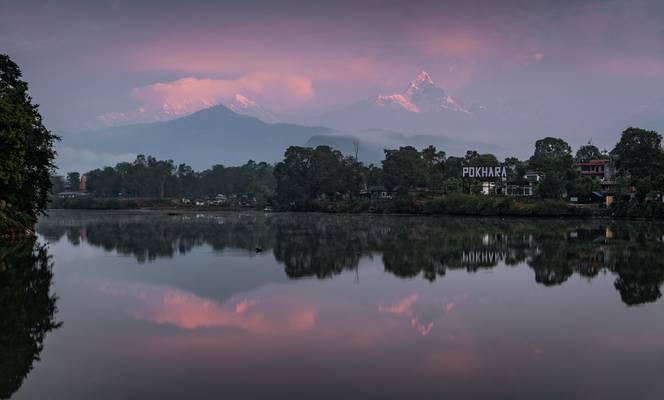
by Jiri Hajek
A beautiful spot to watch first light touching the majestic Himalayas towering above Pokhara and reflected in Lake Phewa.
Photo Tips: Normal to Wideangle lens will be most useful here to capture both the mountains and reflections. Panorama might be an option too. I prefer Sunrise, as it offers a better chance for views, there are often clouds in the evening.
Getting there: It's a short walk (at most 2 km) from anywhere in the Lakeside district of Pokhara, so it's easy to get there for sunrise (or any other time of day, if you prefer).
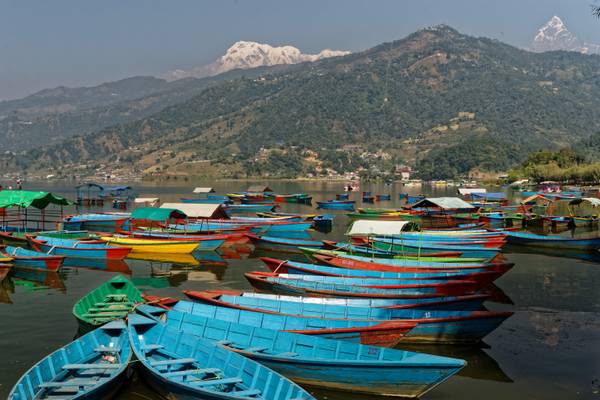
by jim stephenw
Phewa Lake (formerly called Baidam Tal) is a freshwater lake in Nepal located in the south of the Pokhara Valley. The lake is stream-fed but a dam regulates the water reserves, therefore, the lake is classified as semi-natural freshwater lake. It is the second largest lake in Nepal and is the most popular and most visited lake of Nepal. It is the only lake in Nepal to have a temple (Tal Barahi Temple) at the central part of lake. Phewa Lake is located at an altitude of 742 m (2,434 ft) and covers an area of about 4.43 km2 (1.7 sq mi). It has an average depth of about 8.6 m (28 ft) and a maximum depth of 24 m (79 ft). The Annapurna range on the north is only about 28 km (linear distance) away from the lake.
Info sourced from Wikipedia
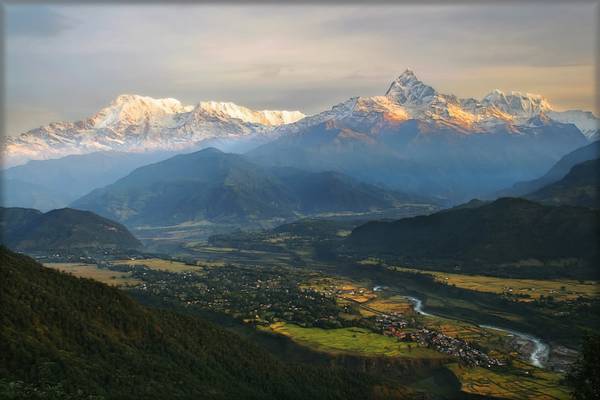
by Pepe Alcaide
500px.com

by Hugo Hennequin
500px.com
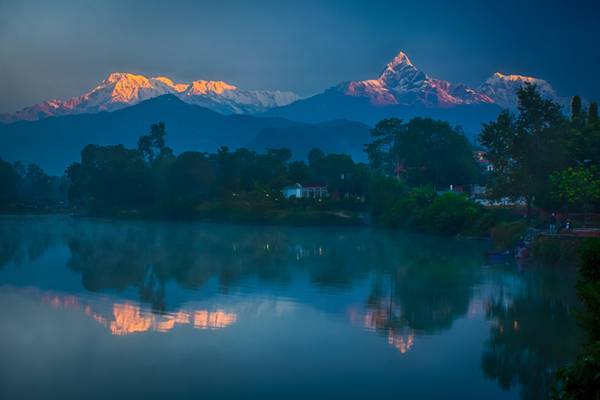
by Andy JB
500px.com
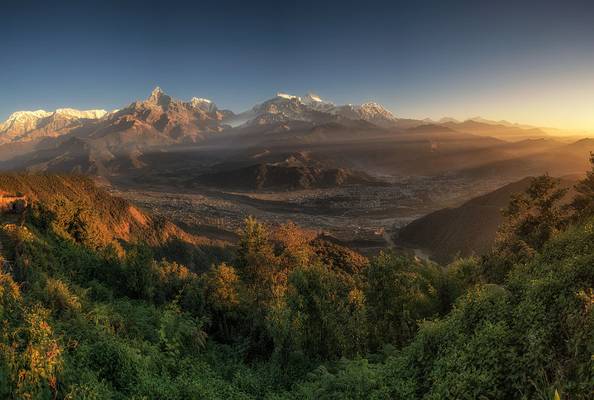
by Oliver O.
500px.com
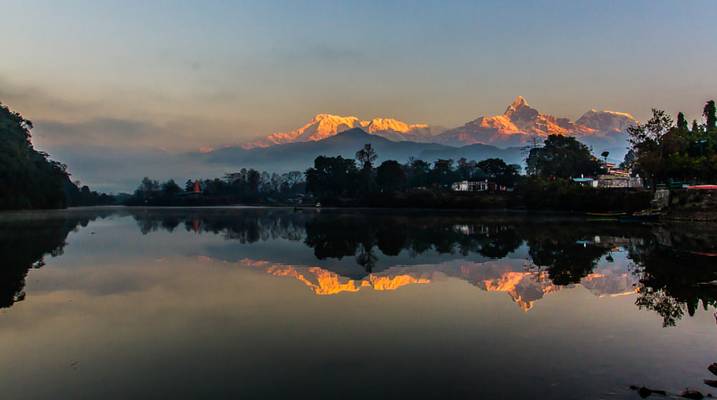
by Sahadev Byanjankar
500px.com
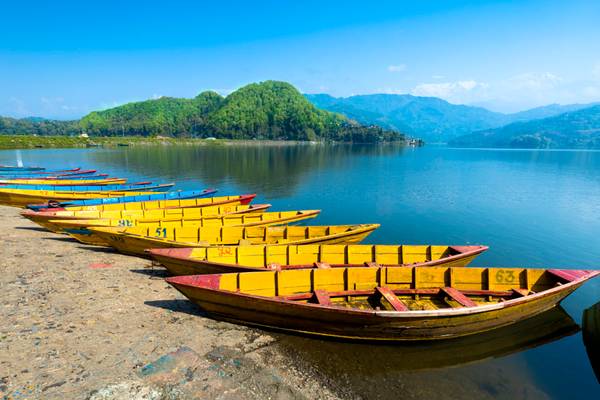
by Crystal Frame Photography
500px.com
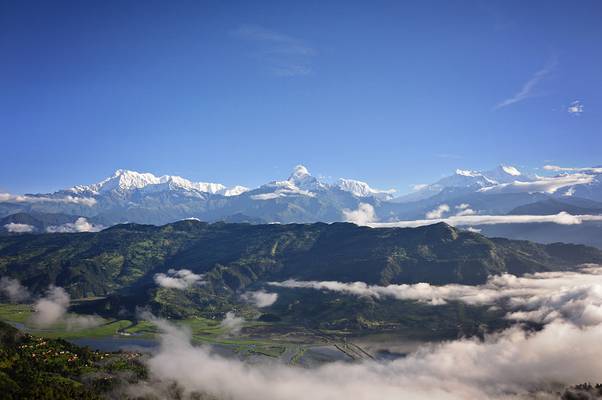
by Nitish Gurung
500px.com
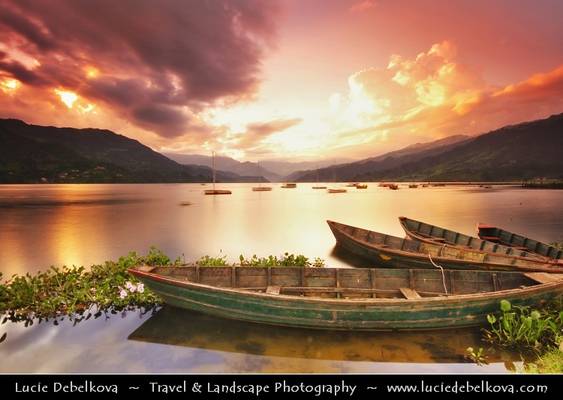
** Join me on Facebook | Google+ | Twitter | 500px | Instagram **
Pokhara is lovely lakeside village, with colorful boats...
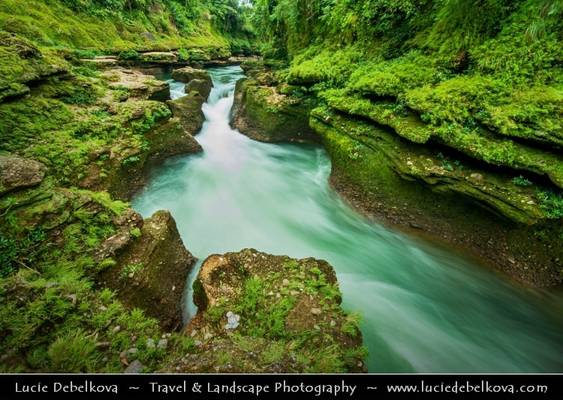
** Join me on Facebook | Google+ | Twitter | 500px | Instagram **
Pokhara has many more things to offer in terms of tourist...
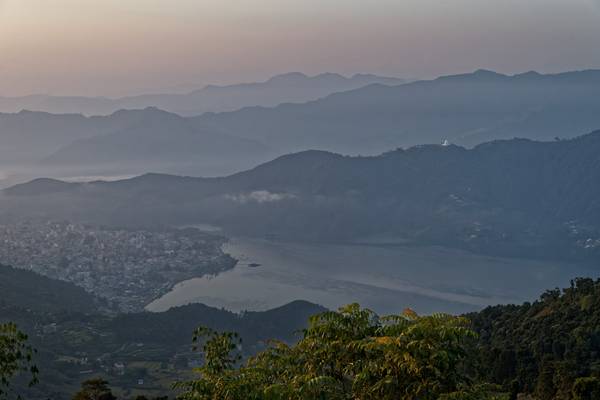
by jim stephenw
The Buddhist temple Pokhara Shanti Stupa can be seen on the hilltop above the lake.
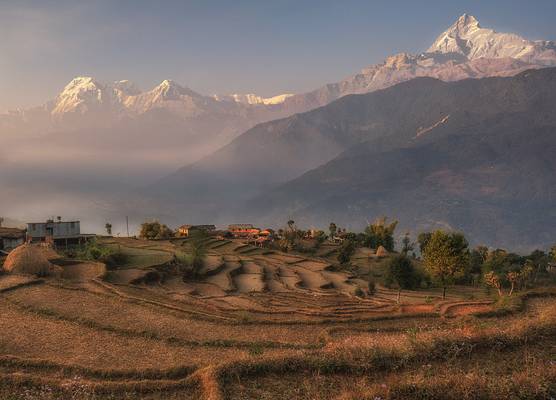
by Oliver O.
500px.com
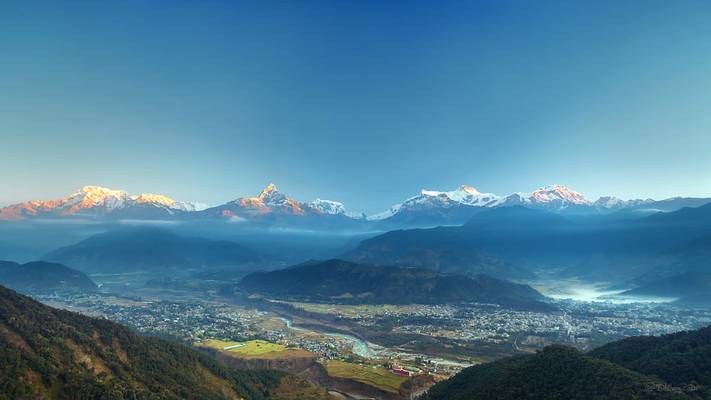
by Dhilung Kirat
500px.com

by Arun Prakash Sharma
500px.com
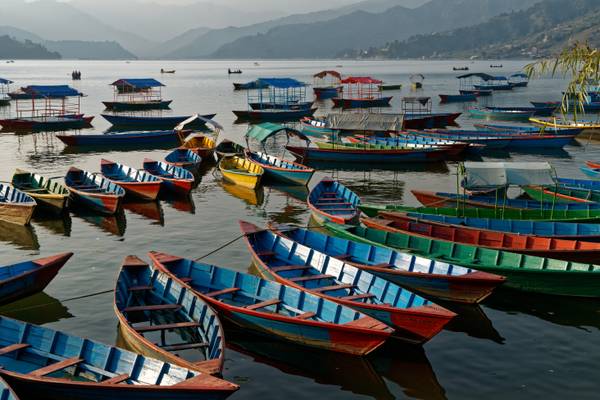
by jim stephenw
Phewa Lake (formerly called Baidam Tal) is a freshwater lake in Nepal located in the south of the Pokhara Valley. The lake is stream-fed but a dam regulates the water reserves, therefore, the lake is classified as semi-natural freshwater lake. It is the second largest lake in Nepal and is the most popular and most visited lake of Nepal. It is the only lake in Nepal to have a temple (Tal Barahi Temple) at the central part of lake. Phewa Lake is located at an altitude of 742 m (2,434 ft) and covers an area of about 4.43 km2 (1.7 sq mi). It has an average depth of about 8.6 m (28 ft) and a maximum depth of 24 m (79 ft). The Annapurna range on the north is only about 28 km (linear distance) away from the lake.
Info sourced from Wikipedia
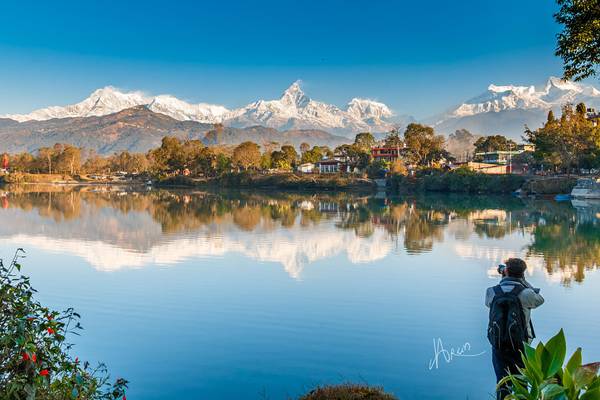
by Arun Prakash Sharma
500px.com
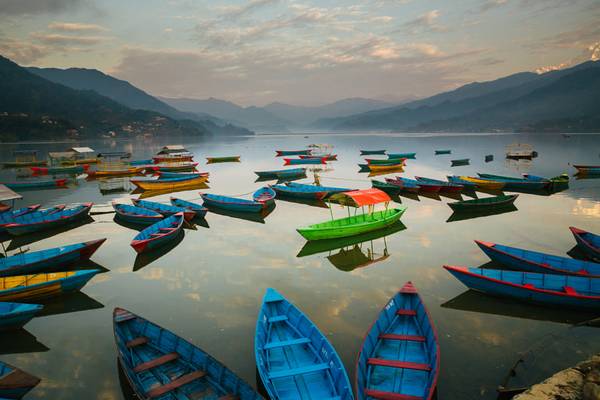
by Tim Starkey
500px.com
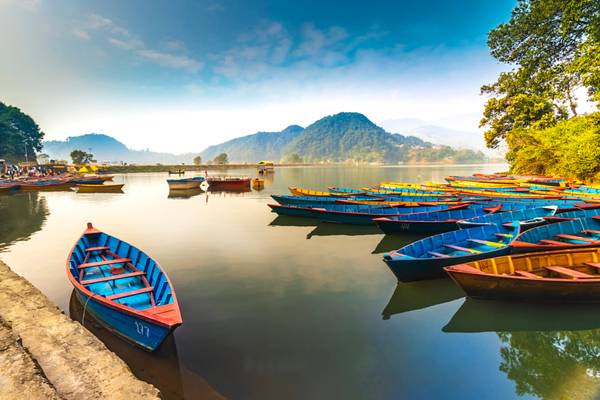
by Crystal Frame Photography
500px.com
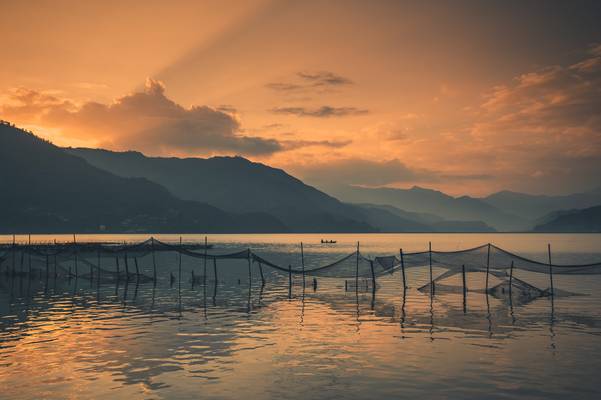
by Jiri Hajek
There's an interesting foreground element at this part of Lake Phewa shore, fishing nets enclosing a fishery station (not sure exactly whether what it's for). It's about a different perspective as you don't get the typical colorful boats here close to the camera.

Sarangkot is a hill on the western side of the popular town of Pokhara, Nepal with an altitude of 1600m. Sarangkot is known for offering a panoramic...
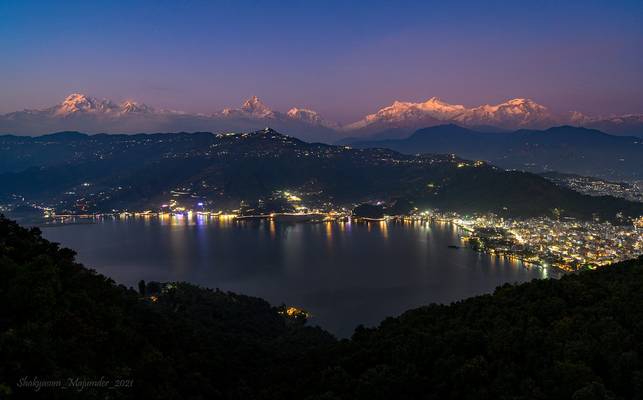
Pokhara is a metropolitan city in Nepal, which serves as the capital of Gandaki Province. It is the second most populous city of Nepal after...
Thanks to all Phoide contributors to Pokhara!
Most notably Jiri Hajek and jim stephenw.
